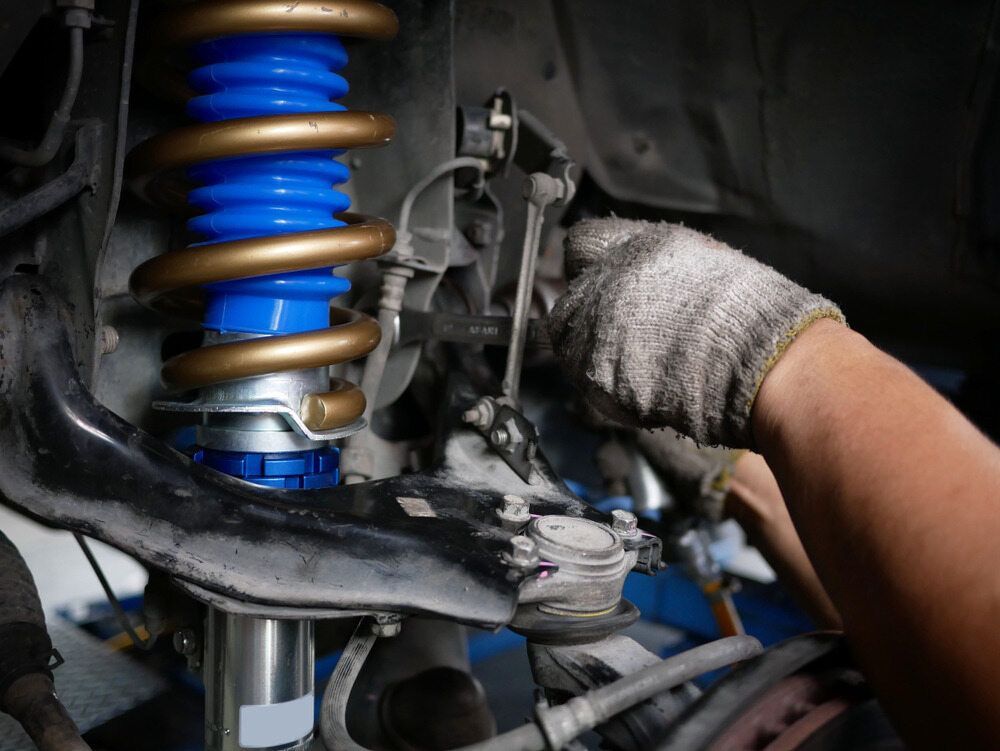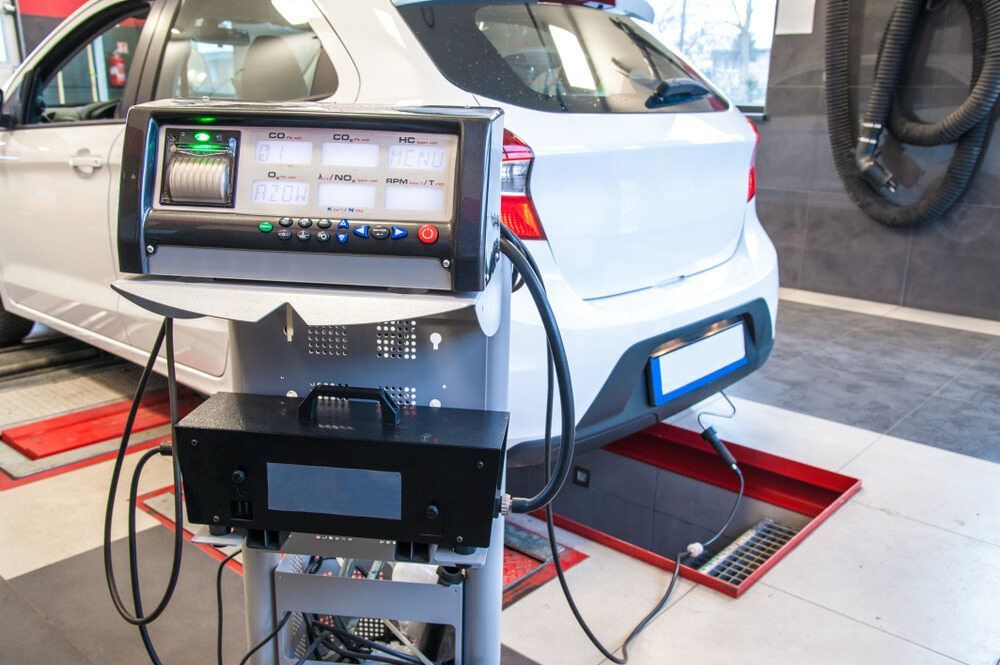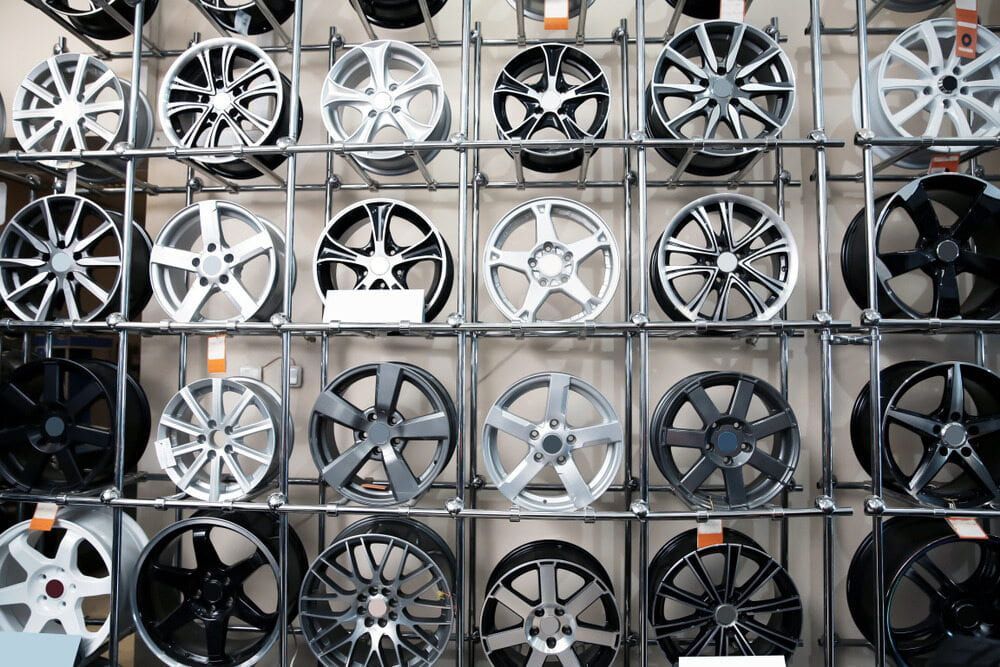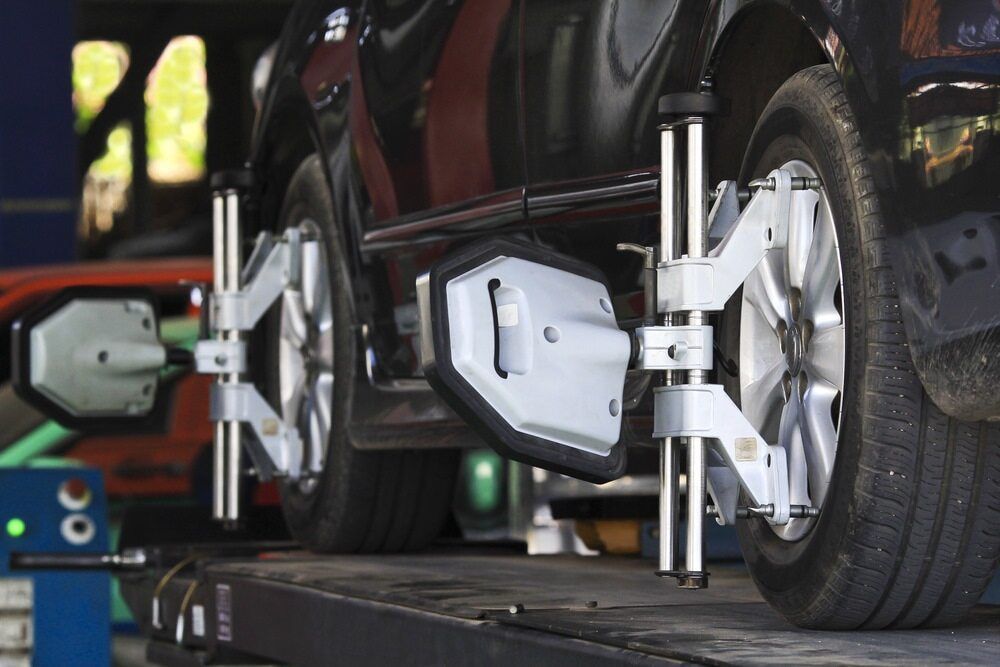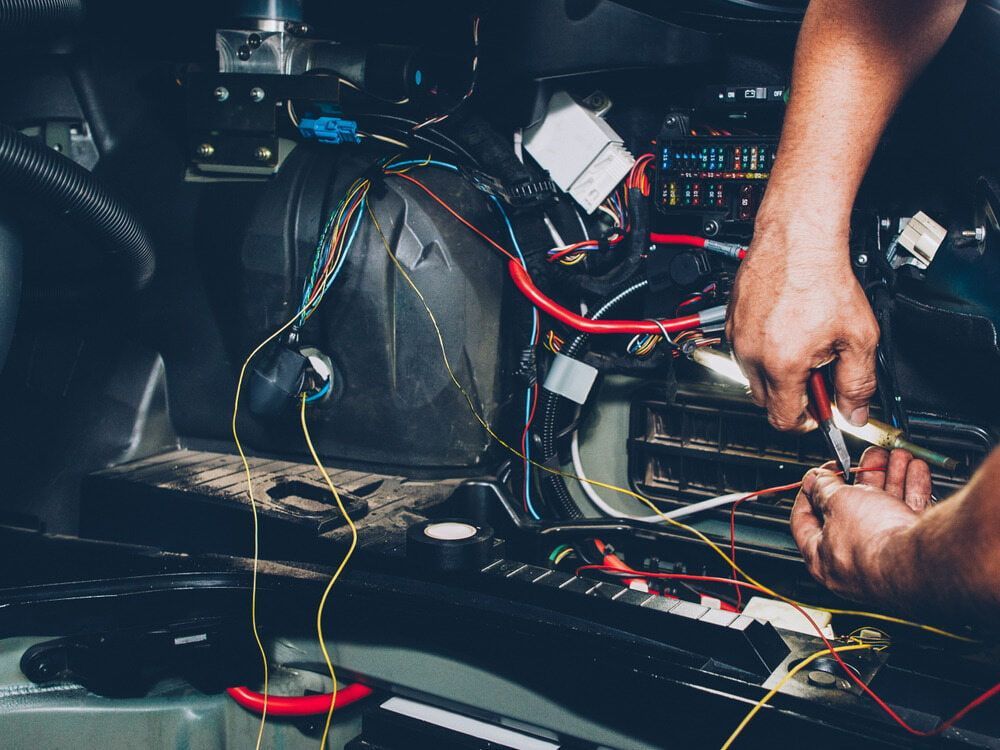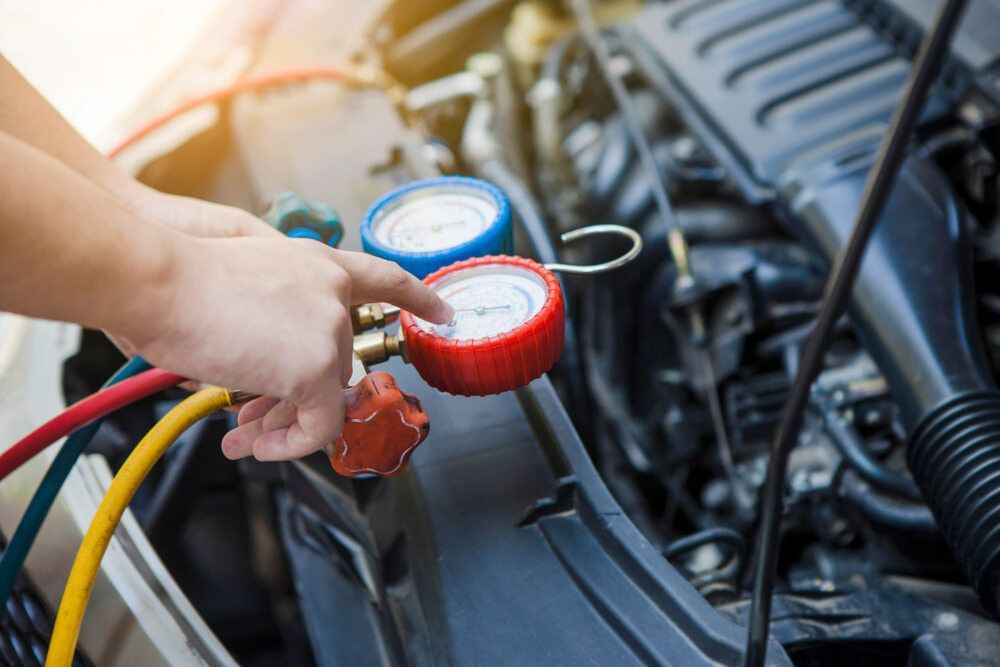Carite Auto Repairs
Mechanic Warana
- Our car servicing and repairs tailored to all makes and models.
- Offering diagnostics, maintenance and roadworthy inspections in one location.
- Local mechanics delivering quality care across the Sunshine Coast.
🚗 All new customers get $50 off a service or repair
🚗 All new customers get $50 off a service or repair
🚗 All new customers get $50 off a service or repair
A Mechanic You Can Count On
Carite Auto Repairs keeps cars running, gears shifting and engines humming across Sunshine Coast and Warana. Whether it’s a quick oil change, a strange knocking sound or a full vehicle inspection, we handle the lot.
Servicing isn’t just about ticking boxes—it’s about making sure your car runs smoothly today and doesn’t throw up costly surprises tomorrow. We check brakes before they start squealing, fluids before they run dry and electrical systems before you’re left stranded.
Need a roadworthy certificate? Buying a used car and want to avoid a lemon? We’ve got it covered. From routine maintenance to urgent repairs, we work efficiently to get you back on the road without the stress.
If your car’s due for a service or something just doesn’t feel right, call
1300 797 608 and we’ll sort it out.
Everything Under One Roof
Cars don’t just break down at convenient times, and problems don’t always come with a warning. That’s why we handle everything—routine servicing, transmission repairs, electrical diagnostics, air conditioning fixes and more—so you don’t have to drive all over town looking for different specialists.
Exhaust systems getting noisy? We’ll take a look. Steering feeling loose? We’ll figure out what’s wrong. Need new tyres? We’ll sort that too. Our pre-purchase inspections save buyers from making expensive mistakes, and our roadworthy certificates help sellers get their cars legally ready for sale.
We service all makes and models, making sure engines stay in top shape and safety checks don’t get overlooked. No upselling, no unnecessary repairs—just straight-up, honest work that keeps cars running.
Servicing & Repairs
Engines don’t take care of themselves. We inspect brakes, fluids, belts and more to keep everything in check with our servicing.
Smooth shifting and transmission make for smooth driving. We flush fluids, inspect components and fix small issues before they turn into big problems.
If your ride’s feeling bumpy or your suspension or steering’s a bit off, we check shocks, bushings and alignment to get things back in shape.
A loud exhaust isn’t just annoying—it can affect performance and efficiency. We replace and upgrade mufflers and get things running clean.
Inspections & Roadworthy
Before you buy, we do a pre-purchase inspections. We'll check under the hood, behind the wheels and everywhere in between to make sure you’re not getting a dud.
Need to sell or register a car? We inspect brakes, tyres, lights and safety components to get it roadworthy.
Wheels
Scratches, dents, wear and tear and looking for an upgrade? We sell brand-new wheels and tyres for a smoother ride.
If your car’s pulling to one side, it’s time for a wheel alignment. We adjust angles so tyres wear evenly and handling stays sharp.
Electrical & Air
Batteries, alternators, wiring—if it’s got wires, our auto electricians will find the issue and fix it before it causes bigger headaches.
Hot car? No thanks. We check refrigerant levels, fix leaks and get your car's air conditioning system working properly again.






